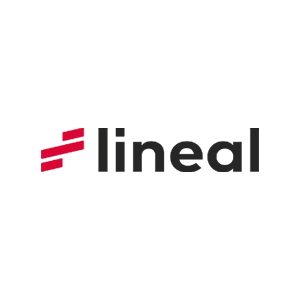Security Token Offerings (STOs) for NFTs?
iCrowdNewswire
May 27, 2021


Thinking of selling NFTs? If so, you should be aware that the issuance of NFTs may, in some circumstances, constitute the sale of securities, which would require either registering the securities with the Securities Exchange Commission (SEC), qualifying for an exemption from registration, or risking exposure to future litigation.
In fact, platform developer “Dapper Labs,” creator of the NBA’s Top Shot platform, was recently sued for allegedly selling its non-fungible tokens (NFTs) as unregistered securities. Putting the merits of the claim aside, it is a striking example of the potential liability that current issuers of NFTs are facing; that is, existing issuers of NFTs may risk exposure to future lawsuits for selling unregistered securities by people who bought their NFTs in the past.
Accordingly, those thinking of selling NFTs should consider doing so through what is known as a security token offering (STO) – a process that legally enables entities to quickly fundraise under one of the SEC’s exemptions from registration, thereby remaining compliant with U.S. securities laws and regulations.
After qualifying for an SEC exemption, the tokens can be issued on a tokenization platform and then traded on a secondary market through an alternative trading system (ATS).
Because almost all digitized units offered at the fundraising stage in the U.S. are considered securities, they have been commonly referred to as “security tokens.” And offerings to investors of the tokens have been referred to as STOs.
The U.S. regulatory environment already allows STOs, and it is expected to develop further. Although the tokenization process can be a challenging task due to the complexities associated with corporate, securities, and tax laws, as well as limitations that pre-existed the concept of digital securities on a blockchain, the process also offers both short- and long-term benefits that entities seeking to raise capital should consider leveraging.
And, given that certain NFTs may qualify as securities under what is known in Securities law parlance as the “Howey Test,” it is fair to assume that the rules and regulations that apply to STOs will also apply to NFTs which are deemed securities. NFTs, therefore, will have to comply with the applicable rules and regulations relating to exemptions from registration, as well as AML/KYC requirements of STOs.
Moreover, structuring a security token offering under the 506(c) SEC exemption is a relatively quick process, which generally may take less than a month.
Take a famous painter, for example. Suppose she owns a painting with a fair market value of $10 million USD, and she wants to issue NFTs representing ownership shares in the painting. Under the STO framework, the first step would be to speak with a cross-border tax attorney to determine the best structure in which to issue the NFTs.
Thereafter, the owner of the painting would transfer title of the painting to a suitable legal entity, such as a C-corp. The next step would be to tokenize preferred shares in the C-corp, with each token representing an interest in the preferred shares of the corporation.
From there, depending on the registration exemption the painter chooses to fundraise, secondary trading of the securities can be accomplished via ATS’s such as “tZero” or the recently approved “Figure.” The end result, effectively, is a legally compliant issuance of NFTs. The painter accomplishes her goal of fragmenting ownership in the painting and fund raising while avoiding the potential liability associated with unregistered sales of securities.
For a comprehensive overview of the proposed framework for offering and selling NFTs in compliance with securities laws, please refer to Dilendorf Law Firm’s report – here.
Contact Information
Max Dilendorf
Dilendorf Law Firm PLLC
85 Broad Street, 27th Floor
New York, NY 10004
T. 212.457.9797
[email protected]
Attorney Advertising. The information presented is not legal advice, is not to be acted on as such, may not be current and is subject to change without notice. You should not act upon any such information without first seeking qualified professional counsel on your specific matter.







